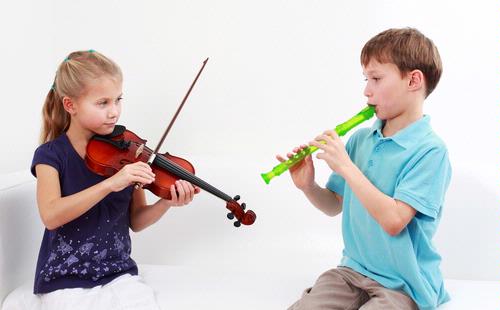According to Brenda, as well as the findings indicate that music is one of the necessities of life. In his research, it involves the musicians aged between 60-80 years to examine the relationship between musical training periods for optimal cognitive benefits in older people.
The findings indicate that playing music can help maintain cognitive function of elderly people, including verbal and nonverbal functioning. Those who have musical training for over 10 years, a big benefit.
According to experts, there is a period of time in the span of one's life in which music can help cognitive development. For example, before the age of nine years, predicted that verbal memory functions are already at work, such as recall and reorganization of the digits in your head. While playing music the routine activities and continuing to provide benefits that are non-verbal and visual representations such as determining the spatial relationships.
"This is an exciting finding that proves that a high level of education tends to produce a cognitive reserve that could potentially delay the onset of symptoms of Alzheimer's or cognitive decline," said Hanna-Pladdy.
"These findings also highlight the role of playing a musical instrument promising activity as a form of cognitive enrichment across the entire range of human life, and it raises the question of whether music training should eventually be considered as an alternative form of educational training," he explained.
Hanna-Pladdy suggested, to get the most out of the musical instrument training should start before the age of nine years and played for at least 10 years. He also reiterated that it's never too late for someone to start practicing music.
The research was published in Frontiers in Human Neuroscience.


 6:07 AM
6:07 AM
 Unknown
Unknown


0 comments:
Post a Comment